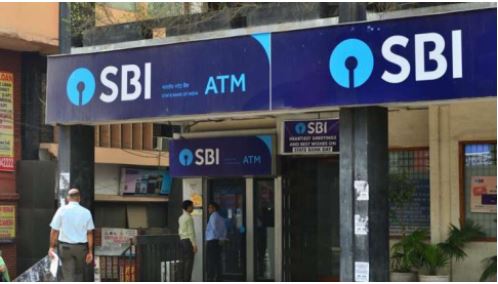
SBI has once again increased the MCLR. With this, customers will get to see an increase in EMI. The new rates have come into effect from May 15. This decision of SBI has come after RBI increased the repo rate.
India’s largest bank SBI has once again increased the MCLR (Marginal Cost of Funds Based Lending Rate). The new rates have come into effect from 15th May i.e. Sunday itself. This is the second hike in MCLR by the bank this month. The bank has increased by 10 basis points i.e. 0.10 percent for each tenure.
SBI’s overnight, one-month and three-month MCLR has now increased by 6.75 percent to 6.85 percent. The MCLR for 6 months has increased to 7.15 percent, for one year to 7.20 percent, for 2 years to 7.40 percent and for three years it has increased to 7.50 percent.
What will be the effect
The increase in MCLR will see an increase in the monthly EMI of the loan taken by the customers. Also, the loan will become expensive for new customers as well. This decision of the bank has come after the RBI increased the repo rate.
RBI increased by 40 basis points. It is worth noting that the RBI can increase the interest rates even further, due to which taking loans from banks will become more expensive. Explain that the largest share (53.1 percent) of the loans disbursed by SBI is from MCLR related loans. Recently, the bank had increased the interest rate on FDs of Rs 2 crore by 40-90 basis points.
Bank statement
SBI Chairman Dinesh Khara has said that this increase will have a positive impact on the margins of the bank as most of the loans are based on constantly changing rates. This means that as soon as there is a change in the repo rate, these will also be changed.
What is MCLR
Marginal Cost of Funds Based Lending Rate is the internal benchmark or reference rate of any financial institution. It defines fixing the minimum interest rate of any loan. MCLR was included in the Indian financial system by RBI in 2016. Earlier, interest was fixed under the base rate system implemented in 2010. It was discontinued with the implementation of MCLR.





